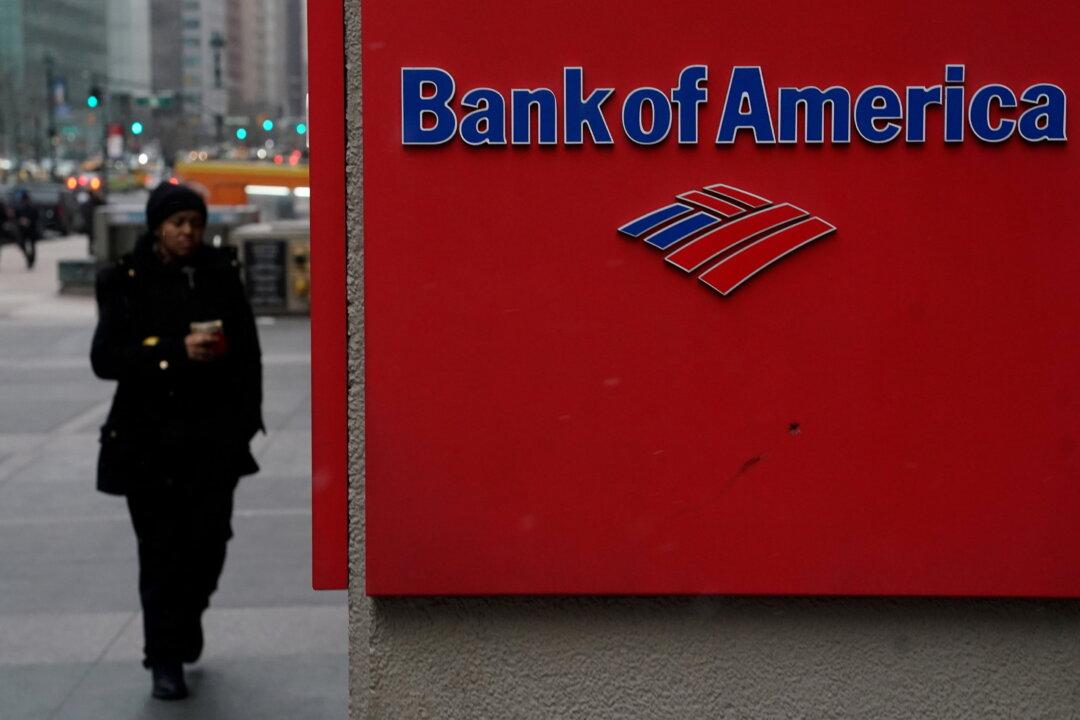Bank of America (BoA) announced a new trial program that will offer first-time minority homebuyers mortgages that will not require down payments, closing cost mortgages, or minimum credit score checks, it said in a statement on Aug. 30.
Minority activist groups have called these long-standing criterions obstacles to minority homeownership.





